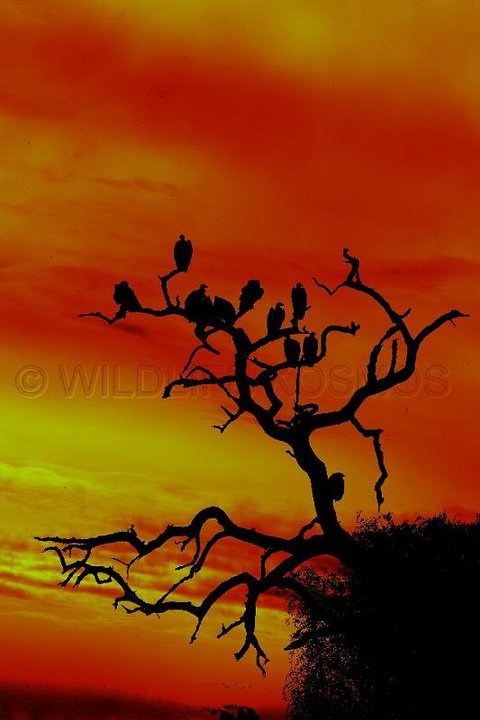Some World Cup fans think smoking dried vulture brains can help them win their bets, but vulture populations are plummeting throughout Africa and beyond.
A zebra lies dead in the hot African sun after succumbing to a poacher’s snare. The grocery line of scavengers begins to form, each serving an integral role and each knowing their rank. Vultures are an extremely valuable part of this process. Before any other scavenger is able to feed on the zebra, the Lappet-Faced Vulture must first use its powerful beak to break open the skin and make what is inside accessible by all. Other vulture species, like the White-Backed Vulture, specialize on certain parts of the carcass, and (like all other scavengers) each fulfills its purpose in the process of decomposition. Though blindly seen as a “just a bird” to some, others view these unique raptors as a resource to exploit.
Recently, serious concern has grown over the exploitation of Africa’s vultures for use in “traditional medicine” and “muti magic”. Some believe that smoking dried vulture brains or wearing the head of a recently decapitated vulture boosts one’s intuitive powers and ability to predict outcomes. Imagine the attractiveness of such powers during the World Cup football games. According to Sky News, the world-famous sporting event has many fans actively seeking out vulture brains, hoping to boost their odds as football-loving gamblers. Little do they know, they are actually predicting the extinction of Africa’s vulnerable vultures.
A representative of South African Endangered Wildlife Trust told Sky News that vultures are even being brought into South Africa from Mozambique and Lesotho. He further adds that poachers are not selective for species, taking even the most endangered such as the Cape Vulture. Though toxic to humans as well, Aldicarb (an insecticide street named “two step”) is used to kill the birds of prey for Muti magic. Other poachers simply trap the birds or use shotguns to kill them, often baiting them in with a fresh carcass. An IOL News report says 150 vultures are slaughtered in South Africa each year. With only around 2,000 left in the whole nation, Kwazulu-Natal Wildlife says this could lead to a complete collapse of the endangered Cape Vulture population within twelve years if current trends continue.
Image: © Bhatti Ijaz/Wildlife Cosmos





